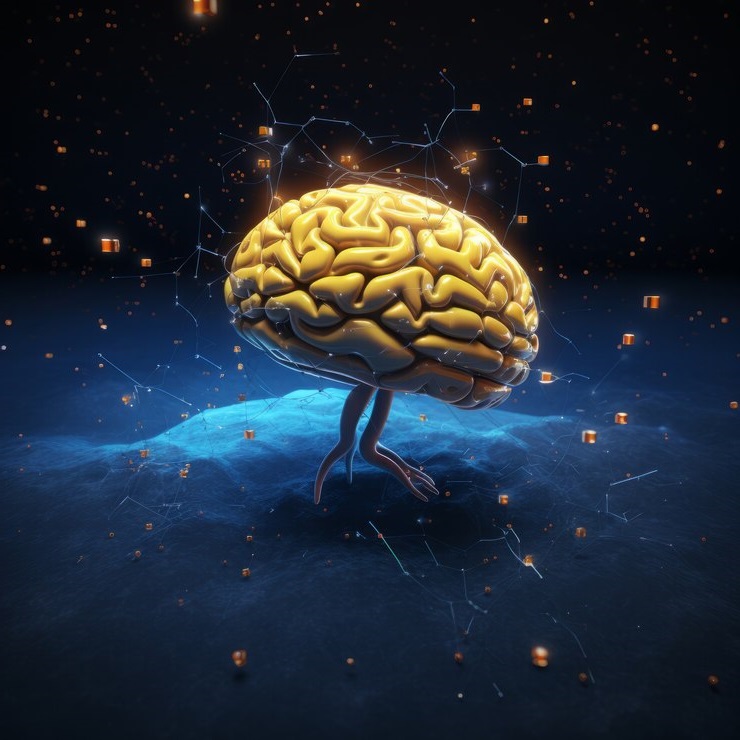
Neuroscience is a rapidly growing field that seeks to understand the complexities of the human brain and how it functions. Within this field, there are several researchers who have made significant contributions to our understanding of the brain and its functions. In this article, we will explore the work of some of the top neuro researchers in the world.
Trevor W. Robbins
Trevor W. Robbins is a renowned neuroscientist and professor at the University of Cambridge. His research focuses on the cognitive and emotional functions of the brain, particularly in relation to disorders such as schizophrenia and addiction. Robbins has made significant contributions to our understanding of the role of the prefrontal cortex in decision-making and impulse control.
One of Robbins’ most notable contributions is his work on the role of dopamine in the brain. He has conducted extensive research on the dopamine system and its involvement in reward processing and motivation. His research has helped shed light on the neural mechanisms underlying addiction and has implications for the development of new treatments for substance abuse disorders.
Bruce S. McEwen
Bruce S. McEwen is a prominent neuroscientist and professor at Rockefeller University. His research focuses on the effects of stress on the brain and how it can impact overall health and well-being. McEwen’s work has been instrumental in advancing our understanding of the brain’s response to stress and the role of stress in the development of various neurological and psychiatric disorders.
One of McEwen’s key contributions is his research on the effects of chronic stress on the brain. He has shown that prolonged exposure to stress hormones can lead to structural and functional changes in the brain, particularly in the hippocampus and prefrontal cortex. His research has implications for the development of interventions to mitigate the negative effects of chronic stress on brain health.
John R. Hodges
John R. Hodges is a leading neurologist and professor at the University of Sydney. His research focuses on the cognitive and behavioral aspects of neurodegenerative diseases, particularly Alzheimer’s disease and frontotemporal dementia. Hodges’ work has been instrumental in advancing our understanding of the early detection and diagnosis of these diseases.
One of Hodges’ notable contributions is his research on the clinical features and cognitive profiles of different types of dementia. He has identified distinct patterns of cognitive impairment in different types of dementia, which has important implications for accurate diagnosis and targeted treatment. His research has also contributed to the development of cognitive tests and biomarkers for early detection of neurodegenerative diseases.
Masahiko Watanabe
Masahiko Watanabe is a renowned neuroscientist and professor at Hokkaido University in Japan. His research focuses on the neural mechanisms underlying learning and memory. Watanabe’s work has been instrumental in advancing our understanding of the plasticity of the brain and how it can be harnessed for learning and recovery.
One of Watanabe’s significant contributions is his research on synaptic plasticity, particularly in the context of motor learning. He has shown that the strength of synaptic connections can be modified through repetitive motor training, leading to improvements in motor skills. His research has implications for the development of rehabilitation strategies for individuals with motor impairments.
Ivan Izquierdo
Ivan Izquierdo is a prominent neuroscientist and professor at the Pontifical Catholic University of Rio Grande do Sul in Brazil. His research focuses on the neurobiology of memory and the mechanisms underlying memory formation and consolidation. Izquierdo’s work has been instrumental in advancing our understanding of the molecular and cellular processes involved in memory.
One of Izquierdo’s notable contributions is his research on the role of protein synthesis in memory consolidation. He has shown that the synthesis of new proteins is crucial for the long-term storage of memories. His research has implications for the development of interventions to enhance memory formation and retrieval, which could have significant implications for individuals with memory impairments.
In conclusion, these top neuro researchers have made significant contributions to our understanding of the brain and its functions. Their research has shed light on the neural mechanisms underlying various cognitive processes and has implications for the development of treatments for neurological and psychiatric disorders. Their work continues to push the boundaries of neuroscience and pave the way for future discoveries in the field.





